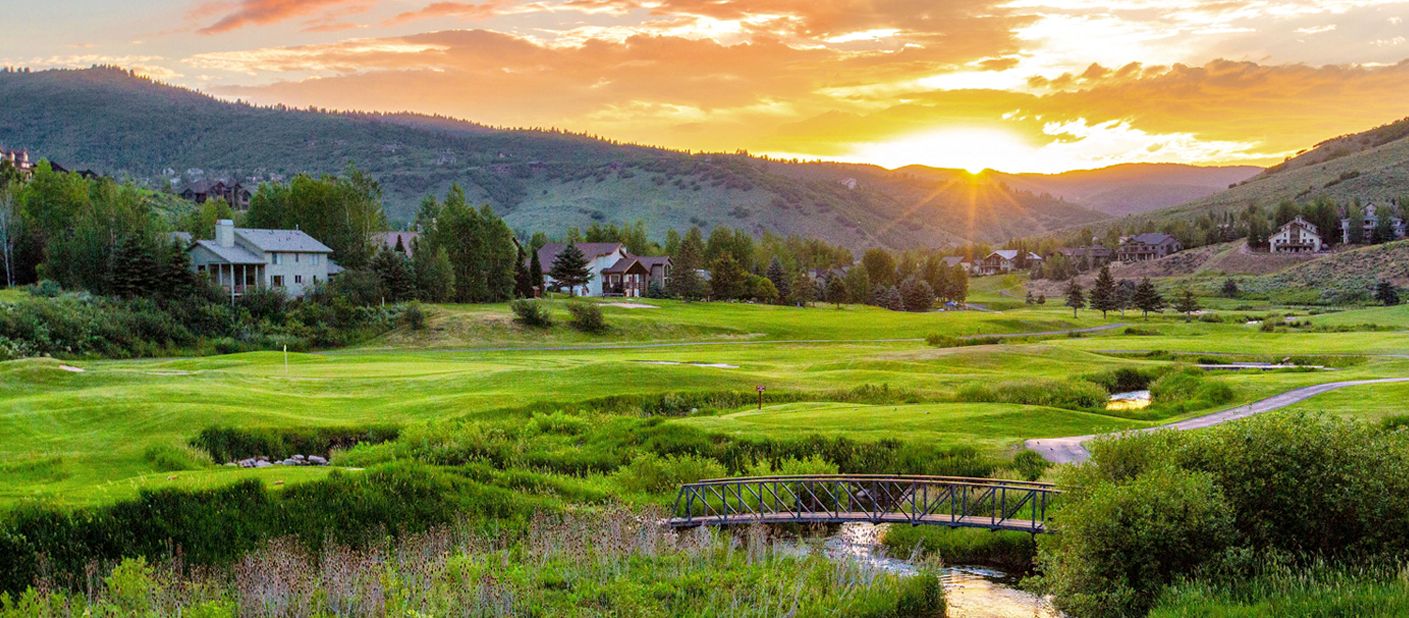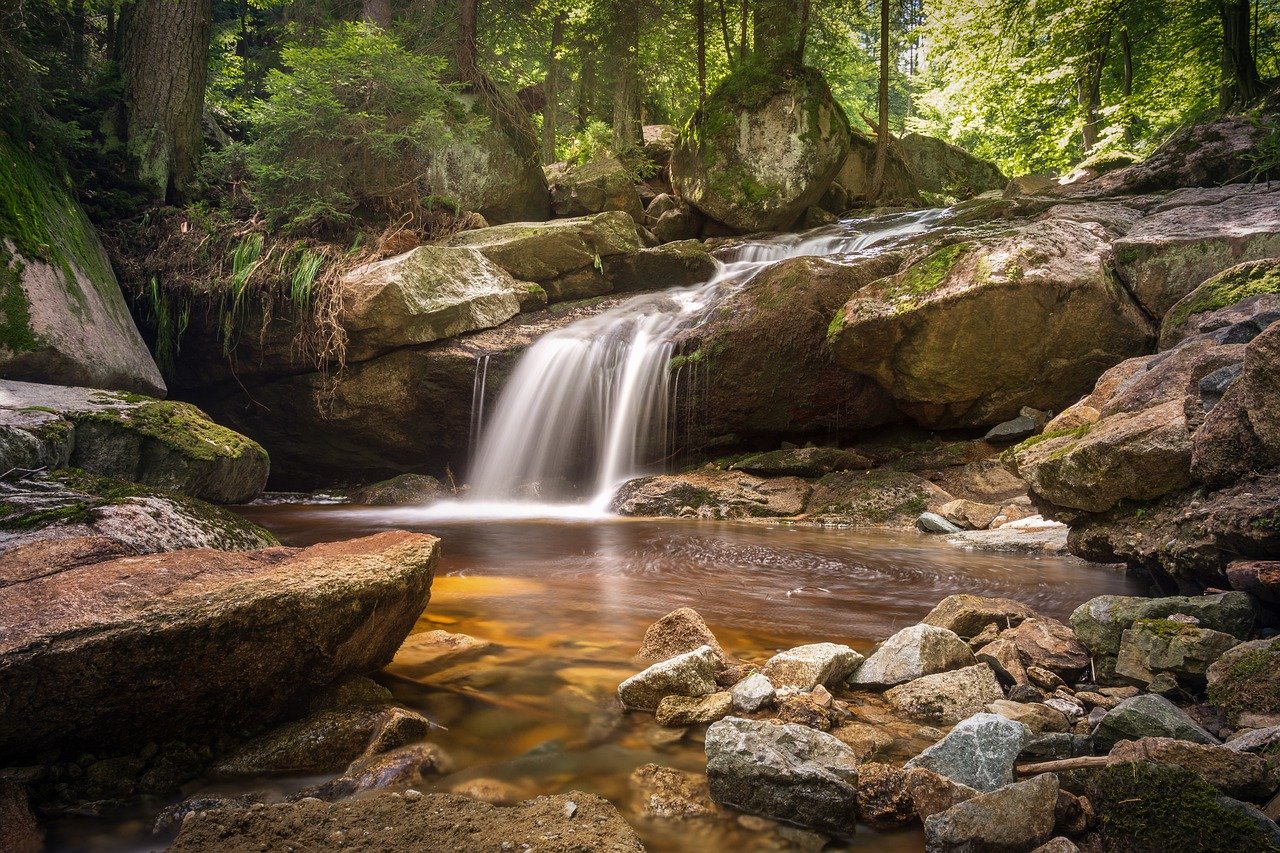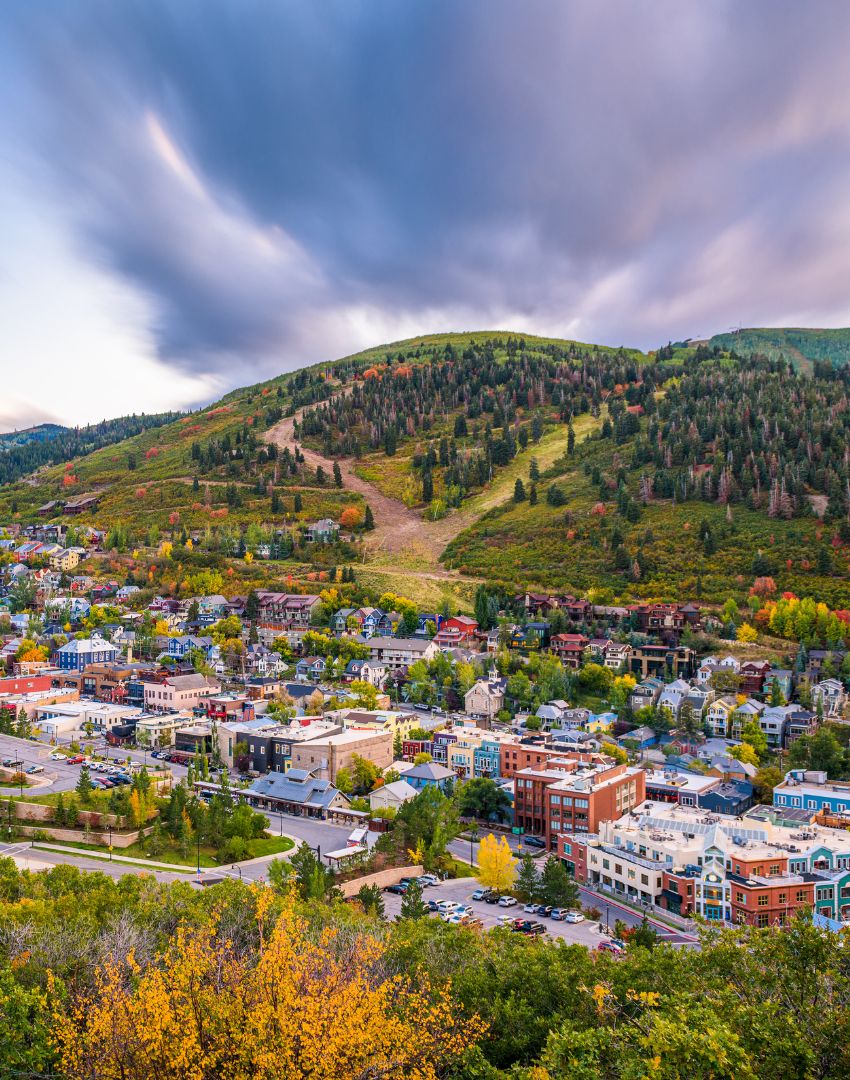When you are visiting the higher altitudes of the Park City mountains, of course, you will love all the spectacular scenery and high-energy activities. However, you may start to feel some not-so-pleasant experiences— especially if you are traveling from lower elevations or you are not used to the thinner, drier air.
Here are some health tips to keep you feeling great during your vacation or stay in the Park City area.
Dealing with Altitude Sickness
When arriving to higher elevations, some people can experience a period of altitude adjustment, which can sometimes be unpleasant. You may experience some or all of the following:
• Headache
• Nausea
• Vomiting
• Sleeplessness
All of these symptoms together are known as acute mountain sickness.
The symptoms will generally appear during the first eight to 24 hours of arrival at high altitudes. The severity can depends on the final altitude and how fast you travel to higher altitudes.
Acclimating to higher altitudes can often take several days; so how can you get used to it faster so not to disrupt your vacation? First, drink plenty of water and limit alcohol intake. Get plenty of rest and take pain relievers for your headache. If you experience a severe case where you are suffering loss of breath, or you smoke, suffer from lung or heart conditions, you should consult a physician.
Higher Altitudes and Body Hydration
Water is very essential to keeping the body healthy. Water sustains your energy levels, metabolism, and controls your core and overall body temperatures.
At high elevations, during strenuous activities, your body can lose up to five quarters of fluids a day through perspiration and evaporation of the moisture.
If you lose a substantial amount of fluid that is not replaced, the equilibrium in your body can be upset making you susceptible to illness.
When exercising and engaging in high-energy activities here at high altitudes, you should replace those fluids and electrolytes as quickly as possible.
Sunscreen, Sunscreen, Sunscreen
Protecting your skin at higher elevations is vital. At high elevations, the air is thinner and UV rays are more predominant. You should use sunscreen to protect your skin. Because it is drier at higher elevations, you should use a moisturizing UV sunscreen to help your skin stay hydrated. And of course, keep your entire body hydrated by drinking plenty of water.










